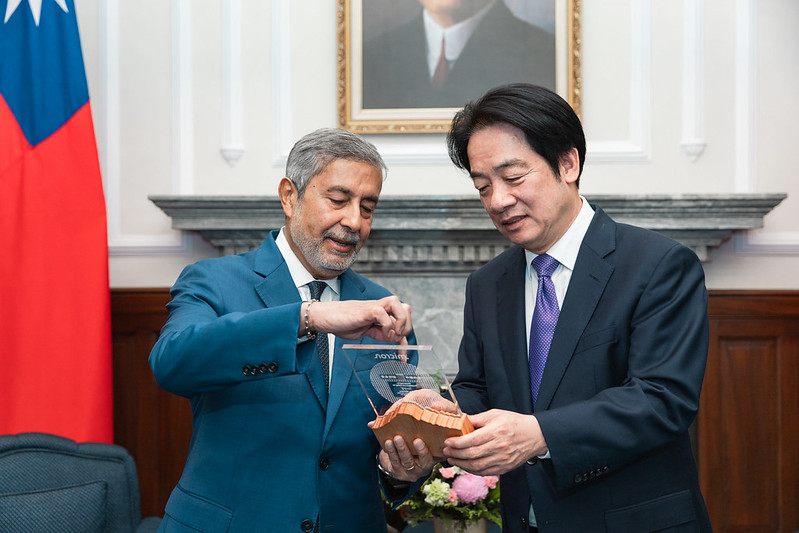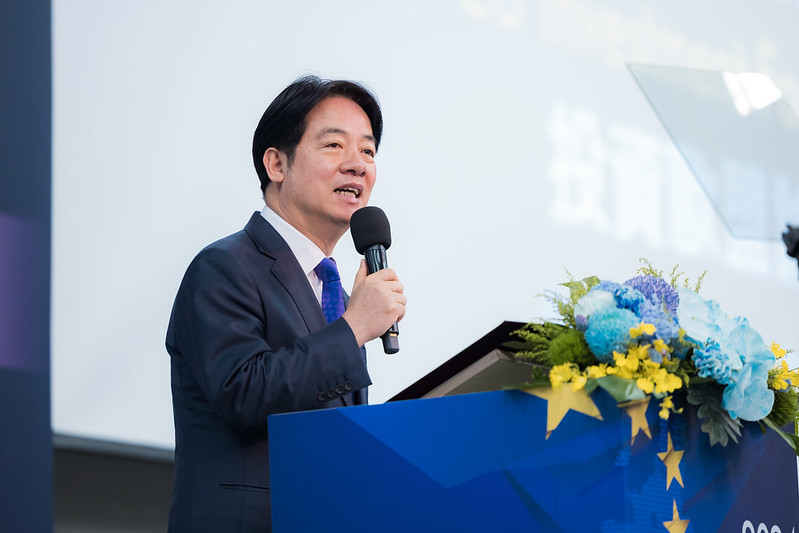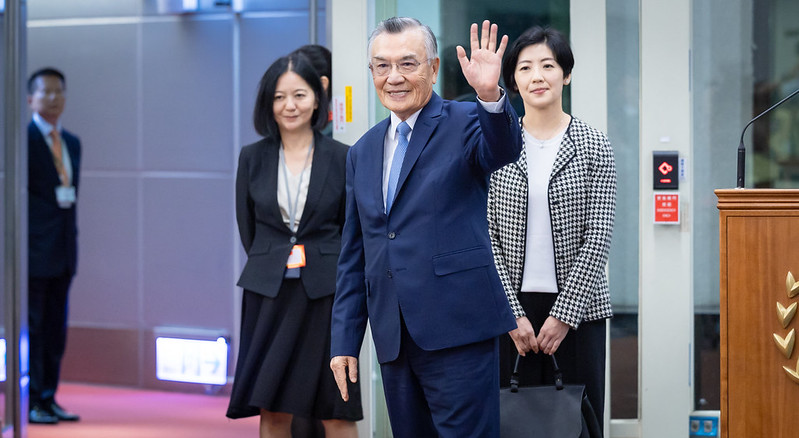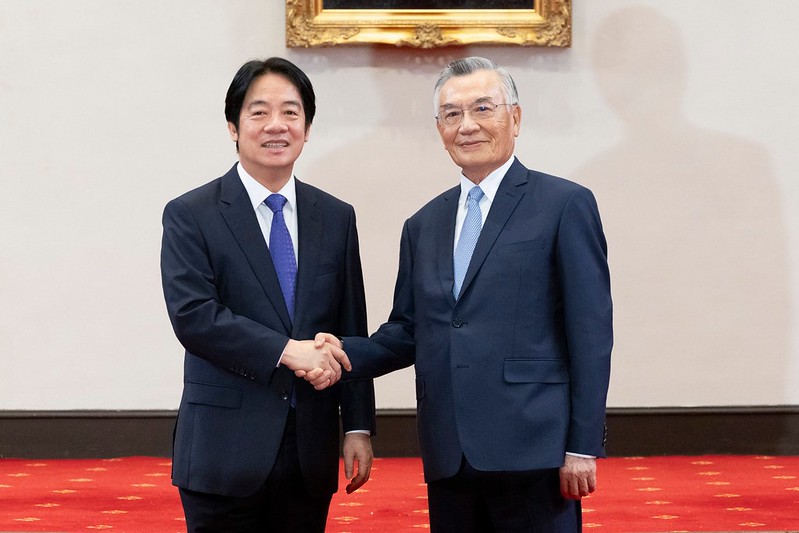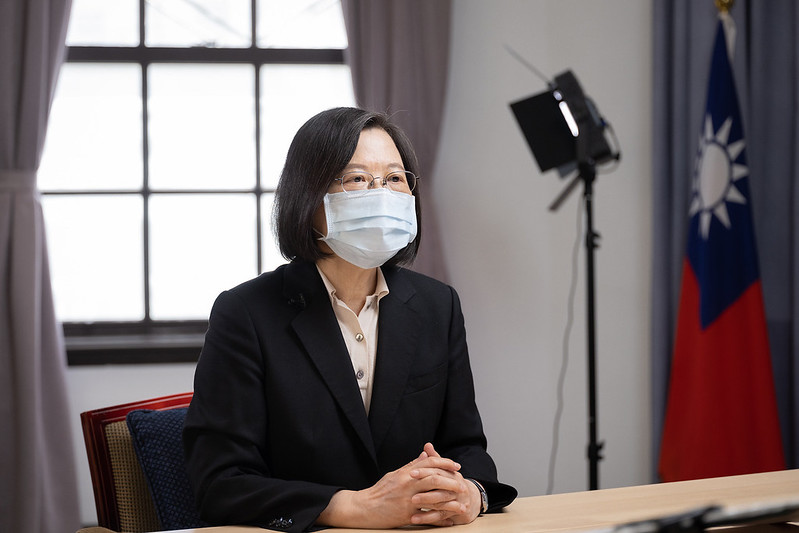News & activities
 News releases
News releases
On the afternoon of October 14, President Tsai Ing-wen delivered recorded opening remarks at the 2021 Taiwan Innotech Expo. President Tsai emphasized that, to respond to the need for digital transformation and innovative development in the business sector, the government has been guiding companies in upgrading their R&D capabilities, and has also been working to promote national digital transformation so that Taiwan can make further progress toward becoming a "smart nation." The president also expressed hope that the Taiwan Innotech Expo would facilitate the involvement of more people in these efforts, so that Taiwan can continually improve its R&D capabilities and make greater strides toward our goal of industrial innovation.
A translation of President Tsai's remarks follows:
The Taiwan Innotech Expo is being held this year as a hybrid event, with both physical and virtual exhibits. These exhibits cover everything from space technology and digital transformation to new agriculture, highlighting Taiwan's rich and diverse range of innovative capabilities.
This year's expo brings together R&D achievements from 10 different government agencies, as well as outstanding R&D teams from Taiwan and around the world. There are more than 300 firms from 24 countries, with 1,300 tech products on display. I want to thank each of the government agencies involved for their hard work setting up this event.
Over the past few years, to respond to the need for digital transformation and innovative development in the business sector, the government has been guiding companies to enhance their R&D capabilities and has been promoting national digital transformation so that Taiwan can make further progress toward becoming a "smart nation."
Taiwan also places highly in rankings of global competitiveness. The International Institute for Management Development (IMD) ranked Taiwan eighth in its 2021 World Competitiveness Yearbook, up three spots from last year and the first time that Taiwan has ranked in the top 10.
And in the IMD Yearbook's category of "total R&D personnel per capita," Taiwan was ranked first in the world. These rankings show once again that the world recognizes and respects Taiwan's R&D capabilities.
Though the pandemic has tested us, we see it as an opportunity for Taiwan to innovate and transform itself. Today's opening highlights the foundation we have built with our 5+2 innovative industries plan, as well as the results of technological research under our Six Core Strategic Industries policy.
We hope this expo will spur more people to help Taiwan continue to improve its R&D capabilities and make great strides in innovation.
In closing, I wish everyone a successful and productive expo. Thank you.
